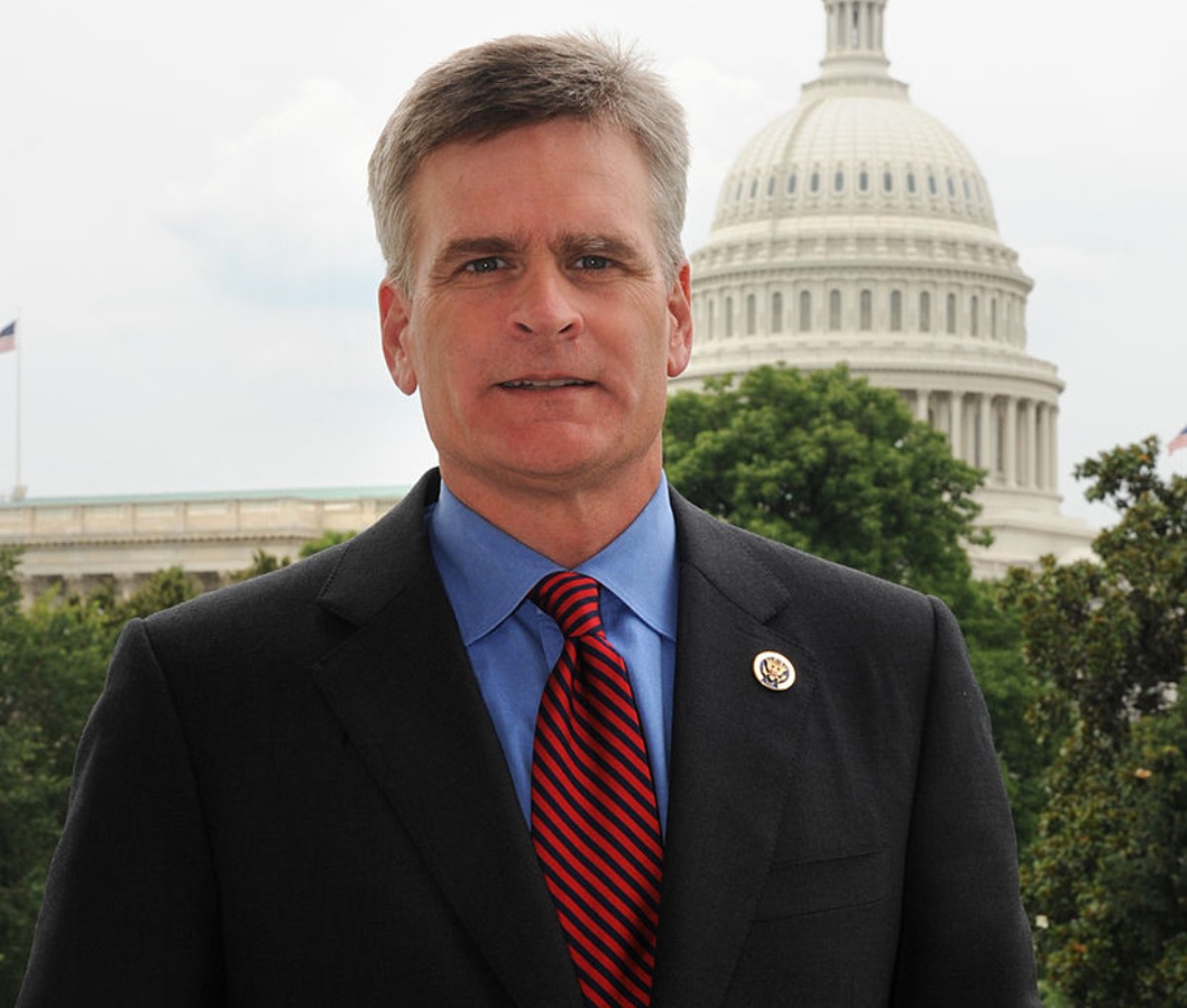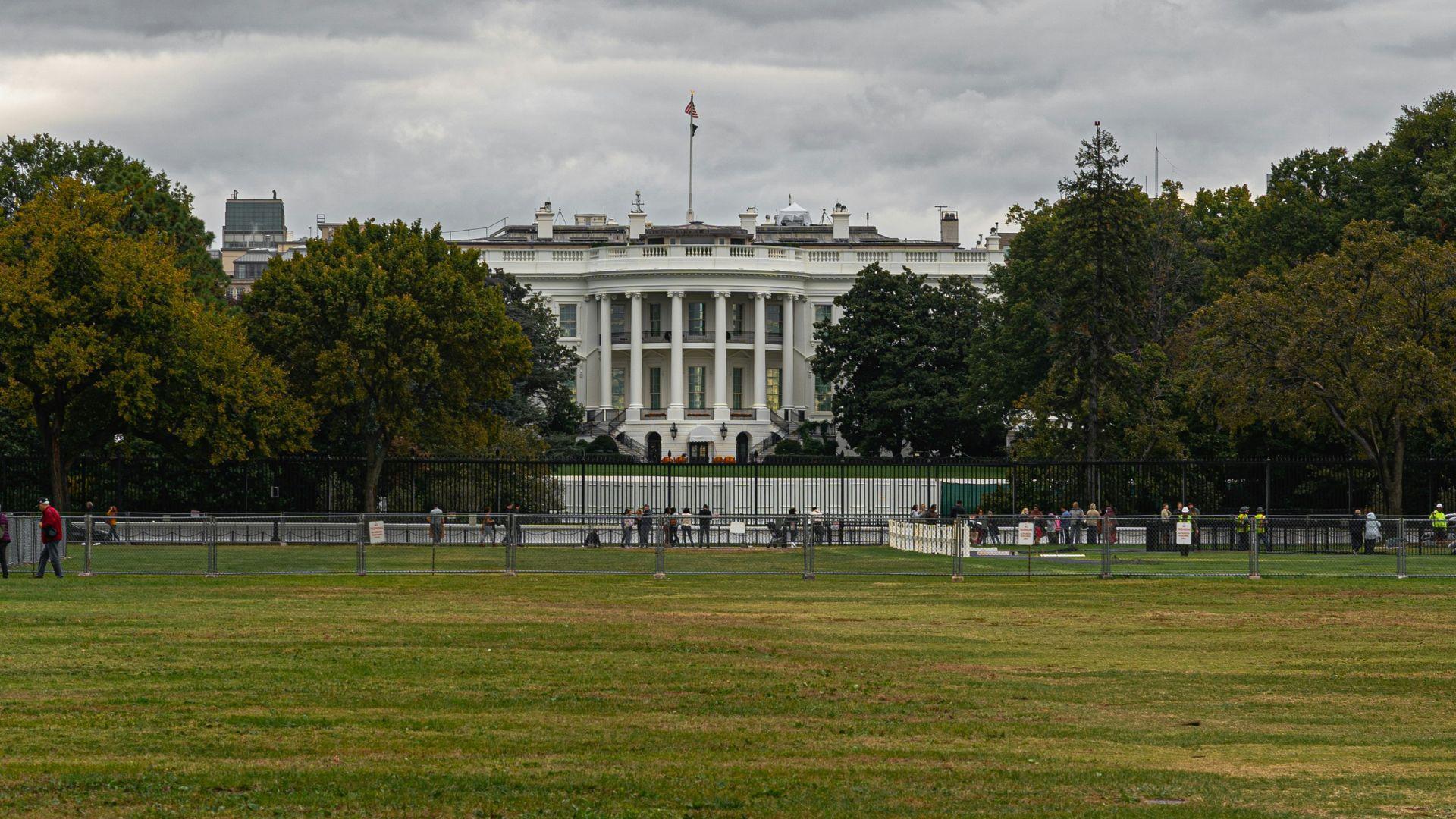American taxpayers may soon be burdened with a staggering $32 billion bill for employment fraud, a crisis that has been attributed to the Biden administration.
The enormous bill is partially blamed on Biden’s labor head, Julie Su, who served as California’s top labor official during the COVID-19 pandemic when most of the fraud payments were issued.
Employment Fraud During Covid

The U.S. government initiated numerous relief programs to ease economic hardship during the COVID-19 pandemic, which cost the nation around $5 trillion.
Millions of Americans and businesses were helped through programs such as the Paycheck Protection Program, which issued forgivable loans for payroll. Other programs included the Federal Pandemic Unemployment Compensation, which aimed to provide assistance to employees who lost their jobs during the period.
Fraudulent Employment Payments

According to reports released over the past few years, it became apparent that many Americans chose to steal from the programs by submitting fraudulent applications.
The Government Accountability Office wrote in a report last year that between $100 and $135 billion was lost to unemployment fraud during the pandemic.
California Lost Over $30 Billion to Employment Fraud

States such as California experienced a significant portion of this amount, with as much as $33 billion in fraudulent payments issued in the Golden State.
Now, Republican senators are worried that money taken from the American taxpayers will be used to pay back the employment fraud, which they claim was caused by Biden’s labor head, Julie Su.
Republican Senators Send Letter

Republican Senators Mike Crapo and Bill Cassidy expressed their concerns in a letter sent to Labor Secretary Julie Su in early May.
They are concerned with Labor Department guidelines published in December that could “allow California to shift the consequences of a still unknown amount of federal funds that was lost” by its Employment Development Department (EDD) during Su’s time in office.
Billions Paid to Fraudsters During COVID

While the total amount is currently unknown, it has been estimated that around $32.6 billion in fraudulent payments were issued in the state of California during the pandemic, according to figures from the Government Accountability Office.
This amounts to almost one-third of all fraudulent unemployment insurance payments issued at the time. According to Sens. Cassidy and Crapo, this equates to more than double the yearly budget of the U.S. Department of Labor.
The True Extent of the Fraud

A report released by the California State Controller revealed that it was difficult to pinpoint the true extent of the fraud because the state had little control over the reporting for federally funded programs during the pandemic.
Their report declared that the state of California “had inadequate control over its financial reporting for federally funded unemployment insurance benefits.”
Senators Speak on the Waiving of Funds

Guidelines issued on how individual states are to approach recovering funds lost to fraud during the pandemic allow each state, to some extent, to decide whether funds should be paid back or waived.
During a spoken testimony at the beginning of May, Crapo and Cassidy sat before the House Education and Workforce Committee. They explained that Su had previously claimed states could only “waive non-fraudulent overpayments.”
Senators Claim Labor Head Waived Fraud Prevention

In the letter they issued several days after the testimony, the senators referenced Su’s decision to waive fact-checking methods, which would have prevented fraud.
“While serving as Secretary for the California Labor & Workforce Development Agency (LWDA), you waived basic fact-checking and fraud prevention requirements for federal pandemic-related unemployment insurance (UI) payments,” the senators wrote.
Repeated Warnings Were Issued to the Department

According to the senators, Su’s actions directly contradicted the guidelines set in place by the U.S. Labor Department. California’s auditors made additional comments suggesting that it issued “repeated warnings” to the EDD.
However, the department “did not bolster its fraud detection efforts until months into the pandemic, and it suspended a critical safeguard.”
EED Argues All Steps Were Taken to Recoup Lost Funds

According to the Employment Development Department, actions were implemented, and they tried all “reasonably necessary” steps to recoup the funds lost to fraudsters during the pandemic.
The EDD argued that as they tried to recoup the funds, the department is all but forgiven should the new guidelines issued by the labor department be approved.
Senators Attempt to Access California’s Liability

Crapo and Cassidy continue to press Su and have requested that the labor head answer numerous questions that can help them better discern how liable the state of California is.
It appears the senators are hopeful that they will be able to prove that Su and the labor department are responsible for the mishandling of government programs, which undoubtedly led to an excessive amount of fraudulent employment insurance payments. If so, it may reduce the chance of the $32 billion being paid by the American taxpayers.
Impact on Future Relief Programs

The massive fraud during the COVID-19 pandemic has raised significant concerns about the integrity of future federal relief programs. Policymakers are now debating stricter measures to prevent similar incidents.
Future programs may incorporate enhanced verification processes and tighter oversight to mitigate risks while ensuring timely assistance to those in need.
Enhanced Oversight Mechanisms

In response to the unprecedented fraud, future relief programs are likely to feature more stringent oversight mechanisms. These may include real-time auditing and cross-referencing data with other federal databases.
By implementing advanced monitoring systems, the government aims to detect and prevent fraudulent activities swiftly.
Balancing Speed and Security

One of the primary challenges in designing future relief programs is balancing the need for speed with the necessity of security. Rapid distribution of aid is crucial during crises, but it often leaves systems vulnerable to fraud.
Policymakers, such as the Public Sector Fraud Authority, are exploring ways to streamline application processes without compromising on verification standards.
Legal and Financial Repercussions

The legal and financial repercussions of the COVID-19 unemployment fraud are significant. Ongoing investigations have led to numerous prosecutions, targeting individuals and organized groups involved in fraudulent activities.
These actions showcase the government’s commitment to holding fraudsters accountable and recovering taxpayer money.
Impact on Individuals and Businesses

The unemployment fraud scandal has had profound effects on both individuals and businesses. Some small businesses and individuals were falsely implicated, facing unwarranted financial strain.
Meanwhile, many individuals who engaged in fraudulent activities are now facing severe legal consequences.
Long-term Economic Consequences

The long-term economic consequences of the unemployment fraud extend beyond immediate financial losses. The scandal has eroded trust in government programs, potentially affecting future participation and compliance.
Additionally, the diversion of funds intended for genuine relief efforts has exacerbated economic challenges for those already struggling.
Technological Solutions to Prevent Fraud

Leveraging technology is seen as a key strategy in combating unemployment fraud. Advanced systems like artificial intelligence (AI) and blockchain can enhance the security and transparency of relief programs.
AI can help detect suspicious patterns, while blockchain can provide immutable records of transactions — or, put plainly: an audit trail. Implementing these technologies could significantly reduce the risk of fraud and improve the efficiency of aid distribution.
AI and Fraud Detection

Artificial intelligence (AI) offers promising solutions for fraud detection in government programs. By analyzing vast amounts of data, AI systems can identify unusual patterns and flag potential fraudulent activities in real-time.
This proactive approach allows for quicker responses to suspected fraud, thereby minimizing losses and ensuring that aid reaches legitimate recipients more effectively.
Blockchain for Transparency

Blockchain technology can revolutionize the way relief programs are managed by providing a transparent record of all transactions.
Each transaction is securely recorded on a decentralized ledger, making it nearly impossible to alter or falsify records.
Political Fallout and Accountability

The unemployment fraud scandal has significant political implications. Both parties are using the issue to criticize each other, with Republicans highlighting the failures of the current administration.
This has led to heated debates and calls for greater accountability. The scandal may influence voter opinions in upcoming elections, making it a pivotal issue in the political landscape.
Strategies for Political Gain

Political strategies around the unemployment fraud scandal are multifaceted. Republicans are focusing on the administration’s oversight failures, while Democrats emphasize the unprecedented nature of the pandemic.
Both sides are using the issue to rally their bases and sway undecided voters, especially as we approach the next presidential election.
Restoring Public Trust

Restoring public trust after the unemployment fraud scandal is crucial. The government needs to implement transparent and accountable measures in future relief efforts.
Engaging with the public and providing clear communication about the steps being taken to prevent fraud can help rebuild confidence. Additionally, demonstrating a commitment to holding fraudsters accountable will be key to restoring faith in government programs.
